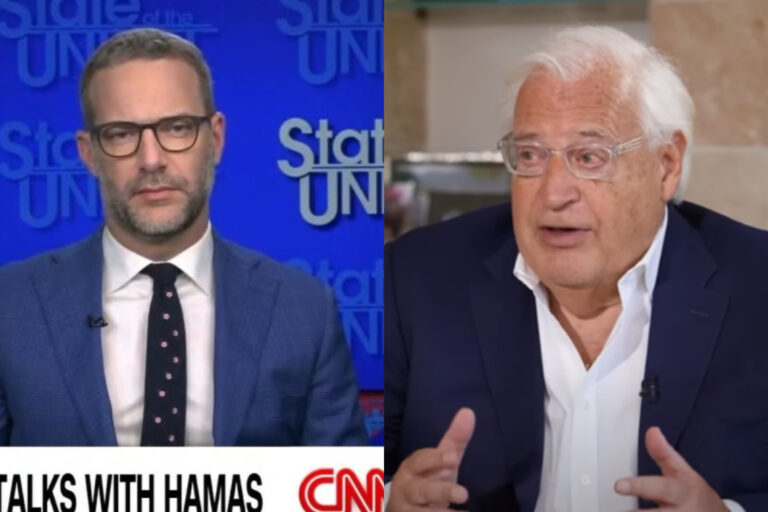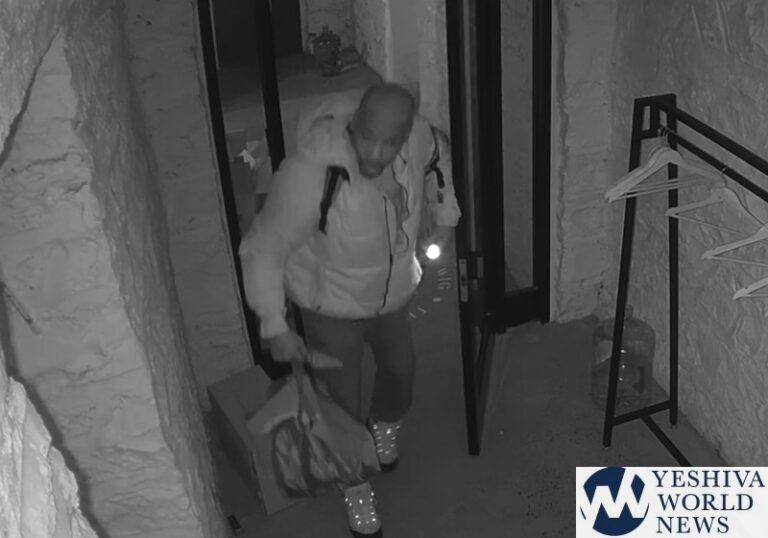 Do We Lose Out by Keeping Shabbos?
Do We Lose Out by Keeping Shabbos?
The holiday of Shavuos celebrates the day Hashem gave us, the Jewish people, the gift of His holy Torah. The Torah is the Divine handbook that teaches us how to live our lives to the highest potential by following the will of Hashem and performing His precious Mitzvos. There is no denying that the Torah places certain restrictions on what we may and may not do in the course of our daily affairs. Indeed, every week we are instructed to observe a day of “rest” the holy Shabbos, which entails desisting from most of the types of work we engage in during the week. Many people misguidedly believe this will result in financial loss due to taking the day off. Hashem, our creator and redeemer, tells us otherwise.
On Shavuos we read in the synagogue the Torah portion containing the Aseres HaDibros, the Ten Commandments. It begins with the declaration, “Anochi Hashem Elokecha Asher Hotzeisicha MeEretz Mitzrayim MiBeis Avadim, I am Hashem your God who took you out of Egypt, from the house of slavery.” The balance of the Ten Commandments, including the Mitzvah to keep Shabbos, follow this all important introduction. Why was it necessary to specifically mention the fact that God took us out of Egypt as a preface to the Commandments?
The answer speaks to the very core of what it means to unconditionally accept all of Hashem’s Mitzvos, restrictions and all, as most exemplified by Shabbos observance. Through our experience of slavery and redemption we witnessed firsthand that Hashem controls every facet of nature and that He involves Himself in the affairs of man in a manner that events and circumstances bend to His will despite all logical expectations to the contrary.
A clear illustration of this Divine providence is seen in the sequence of events following the ninth plague of “Choshech,” “Darkness.” Seemingly Pharaoh’s spirit had finally been broken as he anxiously summoned Moshe to come to the palace. He told Moshe to take the entire nation of Israel out of Egypt, men women and children, a remarkable concession, imposing only one restriction, “Only your sheep and cattle shall remain behind.”
In the realm of diplomacy and realpolitik, Moshe had scored a great victory; he should have seized upon the offer and led his brethren from the heretofore intractable clutches of Egyptian bondage. That would have been the logical course of action.
Instead, Moshe brazenly responded, “Even you (Pharaoh) will place in our hands sacrifices and offerings and we shall offer them unto our God!” Predictably, upon such provocation, Pharaoh changed his mind once again and banished Moshe from before him, upon pain of death.
But Moshe did not leave the palace despondent at being thwarted once again. He had full faith in Hashem’s divine schedule for redeeming His children. And indeed, Hashem instantly turned the tables on Pharaoh with the final plague of the slaying the Egyptian first born. Moreover, as a consequence of Pharaoh’s intransigence, the Jews ultimately left Egypt with much of its treasure in hand. In the end, by trusting in Hashem and following His plan, the Jews reaped far greater rewards than had they left impulsively at the first opportunity.
The lesson is most poignant, one never loses out by following Hashem’s instructions; quite the contrary, one gains immeasurably both materially and spiritually. And as the Zohar states regarding Shabbos, one must always know that far from hindering economic gain, Shabbos observance is the very source of all blessing, healing and salvation. What appears to be lost in the short term will be compensated manifold in the larger framework of life. And conversely, violation of the Shabbos, God forbid, will yield disastrous consequences.
We now understand why the statement, “Asher Hotzeisicha MeEretz Mitzrayim MiBeis Avadim, Who took you out of Egypt, from the house of slavery” is so salient and precedes the mandate of Shabbos observance. For wrapped within these words is the promise and assurance that Hashem can turn the bleakest night into the brightest day. From these words we find the strength and courage to perform all of Hashem’s Mitzvos, confident in the knowledge that we can never lose out when we perform His precious and holy Mitzvos.
As we celebrate Shavuos and the giving of the Torah on Mount Sinai, let us rededicate ourselves to the study of Hashem’s words and the performance of His Mitzvos at all times. May this new commitment bring with it all blessing and success form Hashem.
Wishing you and your families a Shavuos that will be uplifting both spiritually and materially.
Special Thanks to: Rabbi Avraham Shalom Farber, Shimon Farber & Yehuda Leib Meth, for the Translation
(YWN World Headquarters – NYC)










